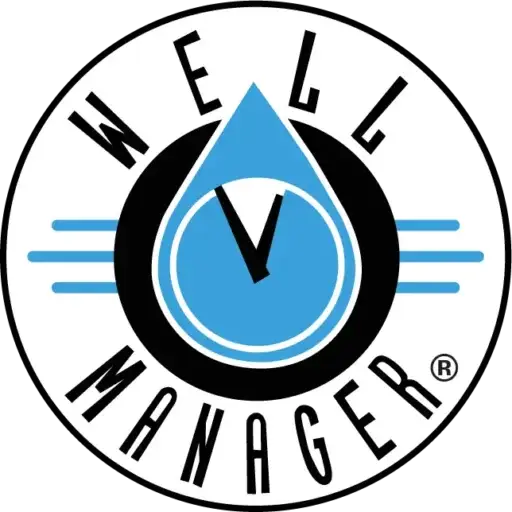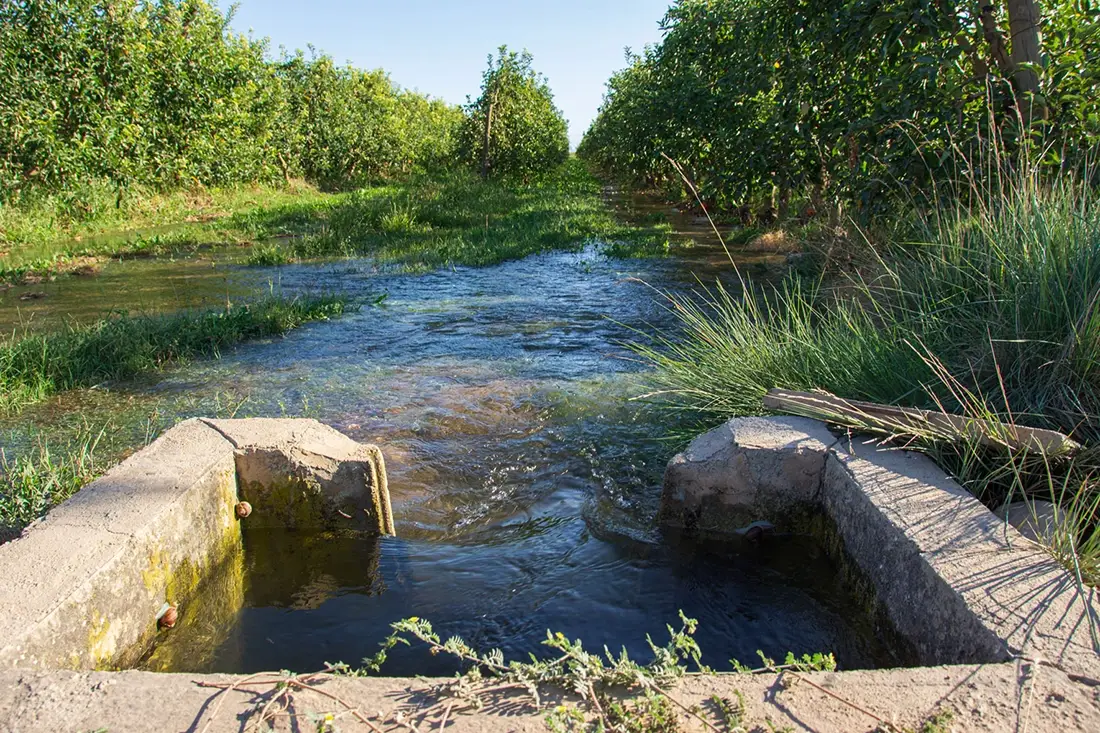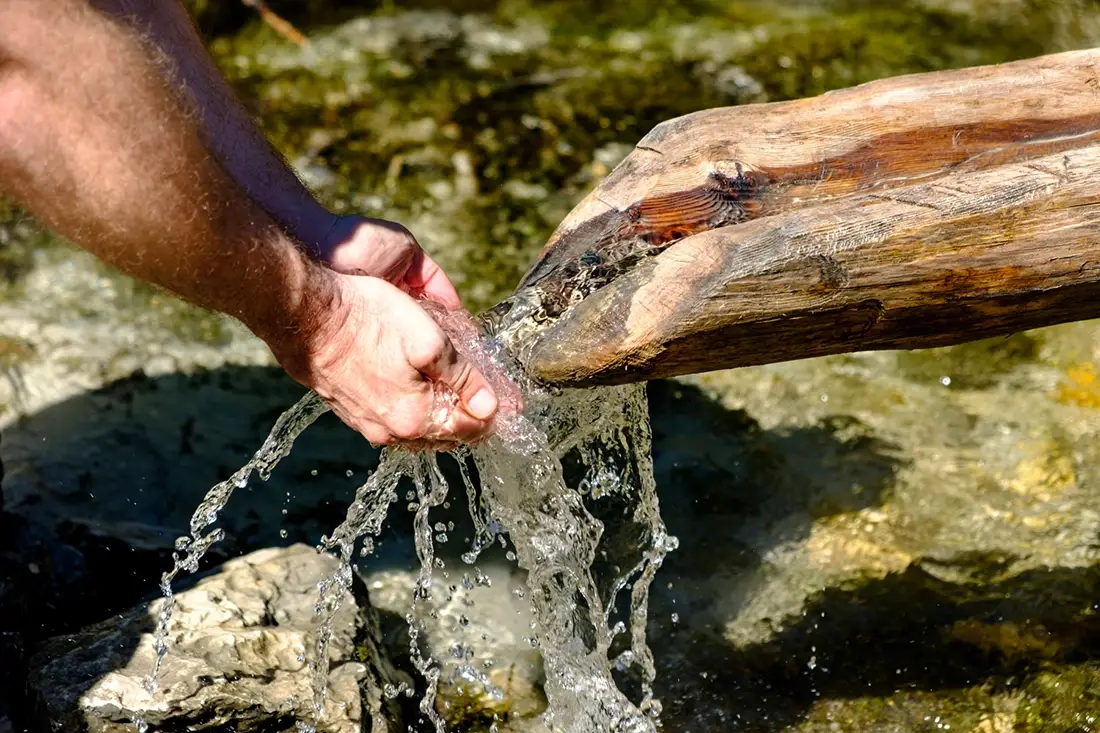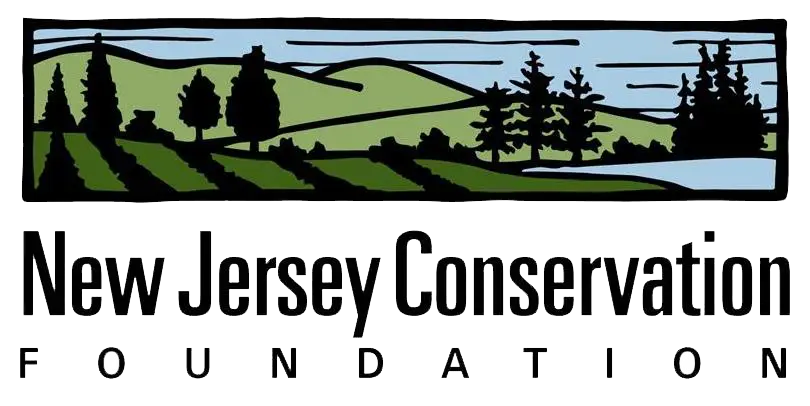Imagine turning on your faucet one morning and finding nothing but a dribble. That scenario is more than an idle worry for many Americans—groundwater keeps much of our daily water supply flowing. Every spring, National Groundwater Awareness Week (GWAW)—highlights the incredible value and vulnerability of water beneath our feet. This annual event encourages households, communities, and experts alike to safeguard aquifers so they remain safe, plentiful, and free from contamination.
This special week isn’t limited to scientists or well-drilling professionals. In fact, if you use water in any capacity—especially a private well—GWAW can guide you toward critical steps that protect both your family’s water needs and the broader environment. More than 44% of the U.S. population relies on groundwater, so any lapse in protection can trigger issues like contamination or a low water pressure well. By uniting individuals in shared learning and best practices, GWAW ensures that safe water remains accessible for everyone.
Are You Curious About GWAW’s Mission?
Embracing well upkeep often raises bigger questions about who else is working to preserve groundwater on a nationwide scale. National Groundwater Awareness Week (GWAW) was formed to connect local, everyday actions—like regular testing and responsible chemical disposal—to overarching efforts that strengthen aquifers. Observing this annual event exposes how individual choices ripple out across entire communities, protecting aquifers from misuse, pollution, and over-pumping. By zooming out to see the big picture, it becomes clear why these combined efforts are so vital.
Understanding the Broader Goal
- Preventing Water Crises:Large-scale contamination or extreme aquifer depletion can spark public health emergencies.
- Collaborative Strategies:GWAW brings together individuals, businesses, and agencies to share data, insights, and tested water-management solutions.
- Future-Proofing Access:Encouraging systematic care now ensures aquifers remain reliable for generations ahead.
When we see how GWAW unites local action with national advocacy, it underscores that everyone’s input matters in stewarding something as precious as our groundwater.
How Can Homeowners Plug into the Week’s Activities?
Linking a large-scale mission to daily life can be the turning point for many homeowners. While groundwater discussions may sound technical, there are practical, manageable ways to take part without feeling overwhelmed. Even scheduling a basic inspection or organizing a neighborhood meet-and-greet can yield noticeable improvements in well performance and awareness. This approach transforms passive curiosity into direct involvement, benefiting your immediate household and the broader water supply.
Practical Steps for Taking Action
- Annual Water Tests:A quick lab check can reveal hidden bacteria or chemical issues, preventing more serious well contamination.
- Community Workshops:Team up with neighbors to host local events on well maintenance, water conservation, or ways to minimize runoff pollution.
- Chemical Storage Review:Keeping paint, pesticides, and other chemicals far from the wellhead reduces the risk of toxic seepage.
Tackling simple tasks during GWAW connects personal responsibility with collective goals, illustrating how a few focused actions can boost everyone’s water quality.
Feeling the Professional Pull? Join the Growing Groundwater Field
Seeing everyday achievements in well care often leads to the realization that the groundwater field offers huge opportunities for deeper, more impactful work. As communities face pressing concerns—from supply shortages to industrial contaminants—skilled professionals become essential resources. National Groundwater Awareness Week shines a spotlight on these industry needs, revealing open roles that merge environmental commitment with practical, in-demand careers. Pursuing these paths turns personal interest into a substantial contribution that keeps local and national water systems afloat.
Where to Make a Mark
- Well Contractors & Drillers:Ensure wells are designed and maintained to code, balancing draw rates without draining local aquifers.
- Hydrogeologists & Scientists:Study subsurface water flow, identify contamination risks, and develop sustainable use strategies.
- Policy & Advocacy:Influence legislation, support ethical resource management, and champion fair groundwater regulations.
Joining the groundwater workforce transforms your enthusiasm into a career that fuels public health, bolsters local economies, and actively protects this critical resource.
Why GWAW Also Focuses on Private Well Maintenance
Spotlighting professional career paths naturally brings private wells into sharper focus, especially for those living beyond city infrastructure. Regular checkups or strategic upgrades often get overlooked, leading to sudden drops in pressure or even contamination scares. Yet these issues are preventable with consistent care and timely intervention. Groundwater Awareness Week emphasizes that well maintenance is about both immediate household comfort and long-term water security.
Key Areas of Concern
- Casing Integrity:Small cracks allow pollutants and debris to sneak in, jeopardizing water quality.
- Pump Performance:Wear and tear leads to erratic pressure, which sometimes causes the dreaded low water pressure well experience.
- Testing & Treatment:Unnoticed contaminants can build up over time, affecting taste, smell, or safety.
Prioritizing even routine maintenance during GWAW ensures that private wells remain reliable, giving families a safe, steadfast supply of water with minimal future headaches.
Step-by-Step: Simple Ways to Embrace GWAW at Home
Connecting well maintenance to a checklist of easy tasks builds confidence for homeowners wary of major undertakings. Focusing on small but consistent actions makes your well system robust and addresses problems early. Sharing these steps with friends or neighbors can broaden the impact, turning personal gains into a collective safeguarding of local groundwater. Translating awareness into tangible habits is precisely how GWAW fosters lasting improvements.
Quick Wins for Busy Households
- Check for Leaks:A dripping faucet or toilet wastes water and may signal deeper pressure imbalances.
- Tune Your Pressure System:If you use a water pressure booster, confirm settings align with your home’s usage to prevent pump overwork.
- Mind the Chemicals:Keep paint, oil, or pesticides far away from your well to avoid seepage into the aquifer.
Turning a handful of simple routines into habits cements the protective spirit behind GWAW, ensuring no well user feels overwhelmed by the responsibility of water stewardship.
Craving More Groundwater Know-How?
Once household routines begin paying off, many well owners look beyond the basics, eager to delve into the science and policy behind groundwater management. Various organizations offer specialized knowledge on aquifer behavior, well technology, and best practices for safeguarding local water supplies. Exploring these resources equips families, volunteers, and future professionals with the insights needed to tackle anything from minor mechanical fixes to broader community challenges. A deeper dive transforms casual interest into informed, proactive engagement.
Where to Seek Expertise
- National Ground Water Association (NGWA):Comprehensive info on well maintenance, certifications, and water policies.
- Groundwater Foundation:Community-focused resources and educational tools that encourage local solutions.
- org:Practical tips, contractor lookups, and downloadable guides for daily well queries.
Acquiring advanced knowledge helps turn well owners into advocates, bridging the gap between personal maintenance tasks and large-scale groundwater conservation.
Why Your Role in National Groundwater Awareness Week Counts
Gathering in-depth insights underscores how crucial community-level involvement remains for groundwater’s future. Each success story—fixing a neglected leak, modernizing a pump, or following well-friendly landscaping practices—feeds into broader protection efforts. As GWAW comes to a close, reflecting on these achievements fosters a sense of momentum, encouraging people to continue practicing and sharing what they’ve learned. Rather than shelving these habits after one week, the real victory lies in making them a part of normal life.
Sustaining this dedication well beyond March 15 ensures that the spirit of GWAW lives on, preserving the groundwater that underpins so many aspects of our daily lives.



